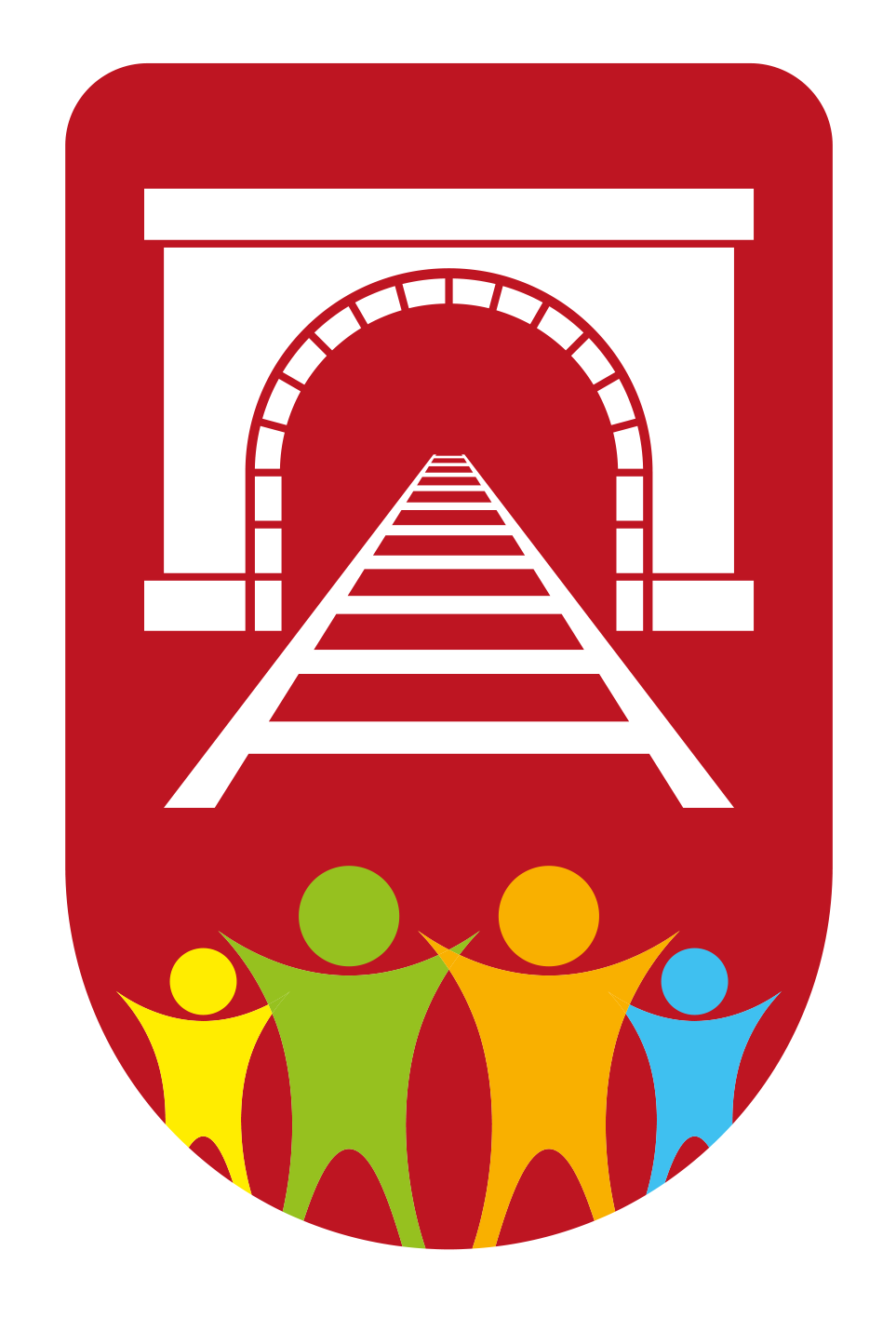Maths
Maths at Kilsby has evolved over the years into what is now a personalised approach to the teaching and learning in Maths.
Intent
Why is Maths important at Kilsby?
Maths is a skill we use on a daily basis and is an essential part of all aspects of everyday life. At Kilsby, we focus on developing the whole child, and support the children to ‘live life in all its fullness’ (John 10:10) and so maths is an important core subject we promote throughout the school where we endeavour to ensure children develop an enjoyment and enthusiasm for, that will stay with them and empower them throughout their lives.
As a school, we recognise that the key to unlocking the potential in our children is through the development of basic mathematical skills and the understanding of mathematical concepts. We therefore place great emphasis on the use of concrete resources and pictorial representations at all ages, to enable children to fully understand the concepts and principals, when presented with abstract calculations and questions. This allows the children to flourish with our school values of co-operation and achievement, as well as our core learning behaviours. Our aim is to develop a positive culture of deep understanding, confidence and competence in maths that produces strong, secure learning. The accurate teaching of maths will also allow us to achieve our vision of promoting all children at Kilsby to be confident and responsible individuals in many aspects of their future lives.
Principles of Maths at Kilsby:
Maths is notoriously a subject that has been labelled ‘tricky’ over the years and this is a stigma we aim to change. Understanding needs to be at the heart of children’s learning; we want our Maths to focus on gaining a deeper understanding, not speeding through learning. The focus needs to be on children’s understanding of concepts, not completion of activities throughout a unit. Key concepts and steps to objectives are grasped before the children are moved on to the next step in their learning.
Children, regardless of their year group or ability, will all be exposed to problem solving and reasoning in Maths. All children will have opportunities to apply their learning and knowledge in different ways. Deeper thinking about their learning
Where possible, we encourage children and teachers to use a Concrete, Pictorial, Abstract approach. This was developed by American psychologist Jerome Bruner, and is an effective approach that will develop a sustainable and deep understanding of maths.
The order of teaching has been carefully thought-out so that it is coherent and children add to their learning and can apply other areas of mathematics in different contexts for problem solving.
Implementation
When and How is Maths taught?
Maths is taught daily in all classes, with children accessing their Maths learning at an individualised appropriate point, providing them with the correct teaching and learning strategies and a good level of challenge. Class teachers plan using the Maths overviews from Focus, which ensures that children are exposed to the correct curriculum coverage in Maths.
Children are taught in flexible groups that are created following on from a ‘pre-teach unit assessment’ to support teachers to understand where they should pitch the children’s learning. The children also complete a ‘post-teach assessment’ to demonstrate their progress within a unit.
At Kilsby, we believe that unlocking mathematical fluency is an essential life skill for all learners and is a prerequisite to being able to reason and solve problems mathematically. A mathematical concept or skill has been mastered when a child can show it in multiple ways, using the mathematical language to explain their ideas, and can independently apply the concept to new problems in unfamiliar situations.
We strongly believe that there should be opportunities presented to children of all ages and abilities to reason and problem solve in line with their level of mathematical knowledge and fluency; this is not a skill that is reserved only for those accessing Greater Depth learning.
Teachers across the school are given the autonomy to use high quality Maths resources to support the children’s learning from a range of sources, for example White Rose Maths, Kangaroo Maths, Twinkl, Focus and Master the Curriculum.
How do we assess and monitor Maths?
Teaching staff will continually assess the children formatively throughout lessons, allowing them to progress within lessons to a range of different activities to promote their fluency or their reasoning skills. The children are also assessed summatively at the beginning and end of each unit so that they can demonstrate the progress in their learning for any given unit, and be grouped appropriately, meaning no child will be required to demonstrate learning they have already shown to have acquired, or sit through a teacher’s input that is too far beyond their current level of understanding.
The children are also assessed summatively at the end of each long term, using either EYFS statements or examination papers (Maths Hub or previous SATs papers, depending on the year group that a child is working in).

